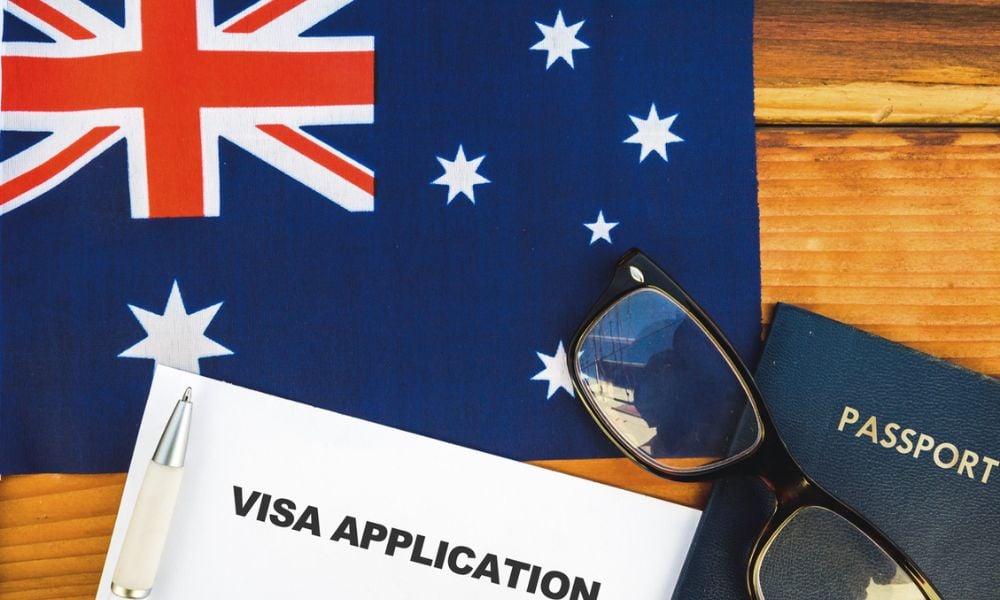
Despite the despair, government says it’s working 'as fast as it can'

The long agony of migrant workers is far from over after the federal government declared its work to clear the backlog of visa processing a “hopeless situation”.
Amidst Australia’s skills shortage, HRD previously reported on the consensus reached between unions and employers to increase the permanent skilled migration entry to help address the nation’s labour force crisis.
HRD further explored the situation wherein several skilled migrant workers in the country felt hopeless because of the delays in their visa application, which left them struggling to find work as temporary visa status is “less enticing” to employers.
Recently, HRD also reported on the calls of organisations for the government to close barriers to employment, especially for migrant and refugee job seekers, including streamlining the system to make the process less costly and timely for such groups.
Despite the evident struggles of migrant workers for years and the different calls of organisations supporting newcomers to Australia, why is the government still struggling to clear skilled worker visa backlogs?
As several businesses face skills shortages, SBS News said it is estimated that more than 100,000 visas for overseas workers are yet to be processed.
“It’s a hopeless situation that we inherited,” Prime Minister Anthony Albanese told Sydney radio 2GB. “How frustrating is it that there are people who want to come here who’ve been waiting in the queue, some for more than a year, but their visa can’t be processed.”
According to Albanese, one of the main reasons for the lack of resources for visa processing is the previous government’s cuts to public service.
The prime minister also said that the government needs to closely examine the processes in which skilled workers are brought into the country.
“We bring in temporary migrants in areas where there are skill shortages and then we get rid of them and then we get new temporary migrants in to fill those same jobs,” Albanese said. “That to me doesn’t make any sense.”
Albanese said the government had already brought additional staff to help hasten the visa process and address the backlogs. However, Albanese noted there is still more work to be done.
“We’re working as fast as we can to deal with this,” Albanese said. “Of course, with visas, you do have to have checks, you can’t just have open borders, so they do need to be processed, but we’re working as quickly as we possibly can.”
Following the calls of unions and employers, the report revealed that the government is considering raising the skilled migration intake to solve workplace shortages, with discussions that it could be lifted to 180,00 or even 200,000.
Australians should also anticipate the Jobs and Skills Summit, as the SBS News reported that shortages of skilled migrant workers are among the critical areas of discussion during the summit on 1 and 2 September in Canberra.